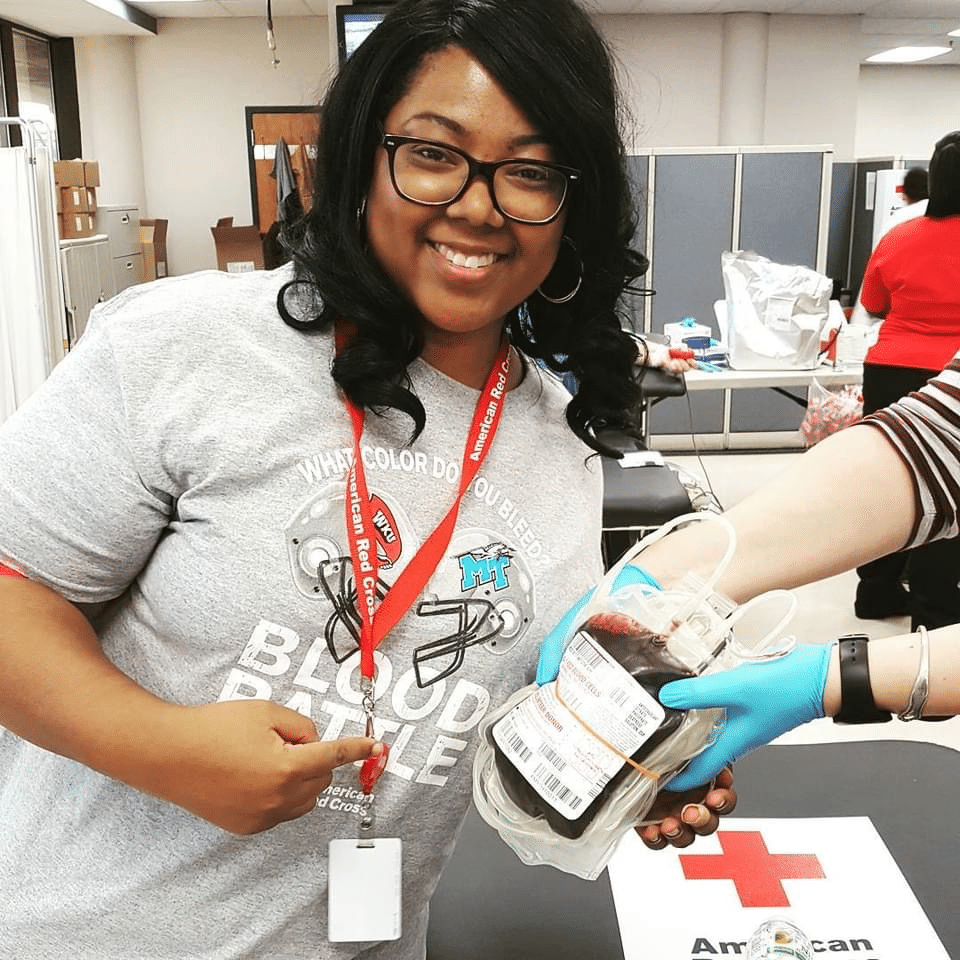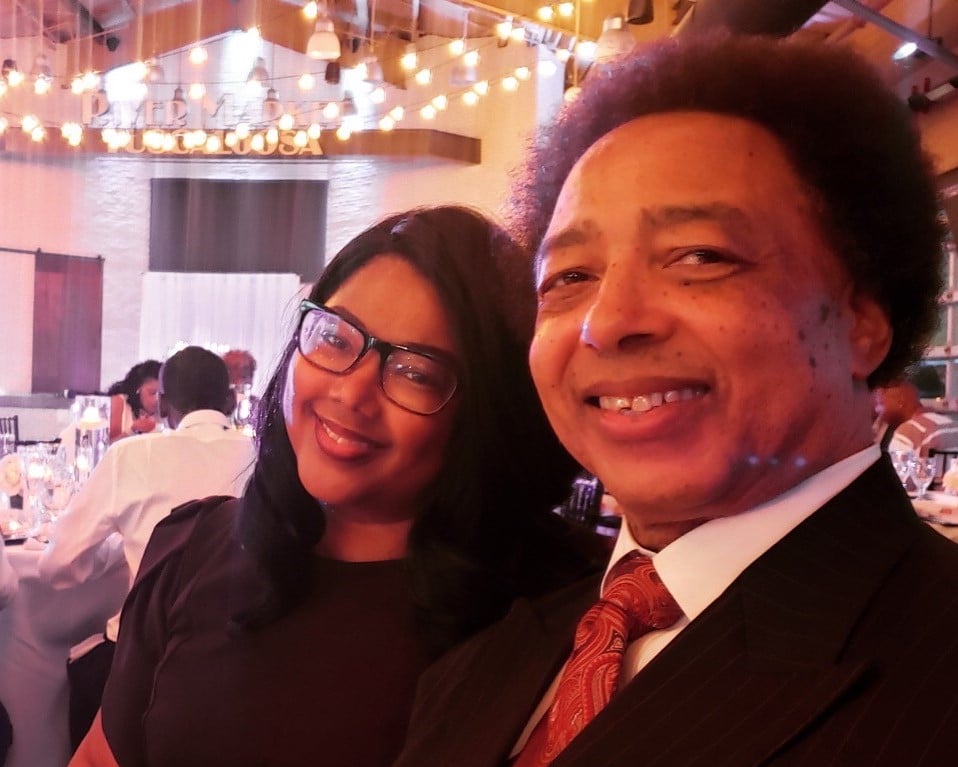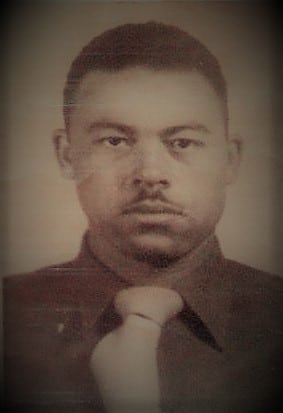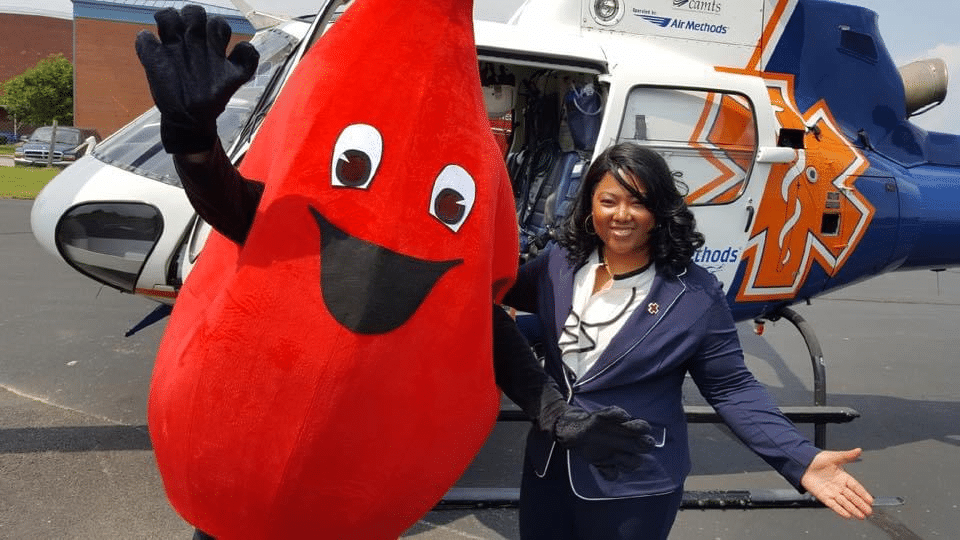
“Why does the Red Cross call to ask you to give blood so much?” I asked my dad while handing him the messages I took down from the family’s landline phone. At the time, I was 16 years old and amazed by the telerecruiter’s persistence to get my dad scheduled for his regular blood donation appointment.
“It’s because I have O positive blood, which can be transfused to anyone in need with a positive blood type and so do you,” he said. “One of these days, the Red Cross will be calling you too!”
We both laughed. He didn’t talk about the gallons of blood he’d donated since the age of 19, but when he proudly pulled out his Red Cross Lifelong Donor card from his black leather wallet, I was instantly inspired by his dedication to donating.
“If you’re going to give something, give life — that’s important,” said Dad.
First Blood Donation Experience

The next spring, my high school hosted its annual Red Cross blood drive, sponsored by the Student Government Association. I made my first blood donation at 17 years old. I felt good knowing I was able to make an impact just like my dad and was looking forward to the opportunity to give as a senior the next spring.
However, three months later in July, my father’s prediction came true. I received a voicemail from the Red Cross informing me of a blood shortage and asking if I could schedule an appointment to give at my nearest blood donation center. I was so focused on my upcoming senior year; I had not given much thought to giving blood outside of next spring. I jokingly mentioned to my dad that “one of these days” had come and Red Cross was calling me like he said they would. He looked at me, smiled, and said “Well, it’s time for me to donate. We can schedule to donate together.”
Making an Impact as a Family
I’ll never forget my dad’s excitement as we arrived at the blood donation center. The phlebotomists seemed to know him, and he spared no opportunity to teasingly tell them how he had to convince me to give blood by donating with me.
 At the time, I did not fully understand the difference he made by gracefully teaching me to take the excuse out of giving back while lovingly showing me the significance of making an impact to serve others even in times of inconvenience.
At the time, I did not fully understand the difference he made by gracefully teaching me to take the excuse out of giving back while lovingly showing me the significance of making an impact to serve others even in times of inconvenience.
Additionally, I had no idea my dad’s father influenced him to become a blood donor. My grandfather was a U.S. Army medic in World War II, where he saw firsthand the need for blood for both Black and white soldiers who were injured, yet witnessed the impact of segregated blood policies that extended beyond the war. Thankfully, my grandfather lived to see a day where years of activism, protests, and collaboration with the Red Cross led to an inclusive blood program rid of color lines, and over the years, my dad and grandad would donate blood together when their work schedules aligned.
Continuing the Family Legacy
Today, although my dad and I are miles apart and my grandfather is now an ancestor, I try my best to uphold our family’s legacy of giving blood when I can. During Black History Month, I am reminded of the lifesaving legacy they imparted that has stayed with me and guides the work I do in biomedical communications every day. As my dad recently shared with me, “It’s important to feel how vital you are in the world by giving blood while you’re able and while you can. It’s a lifeline of our community. It only takes a small amount of your time to give blood and when you’ve given that pint of blood, you feel like you’ve given someone life and you made a difference and that’s important.”

